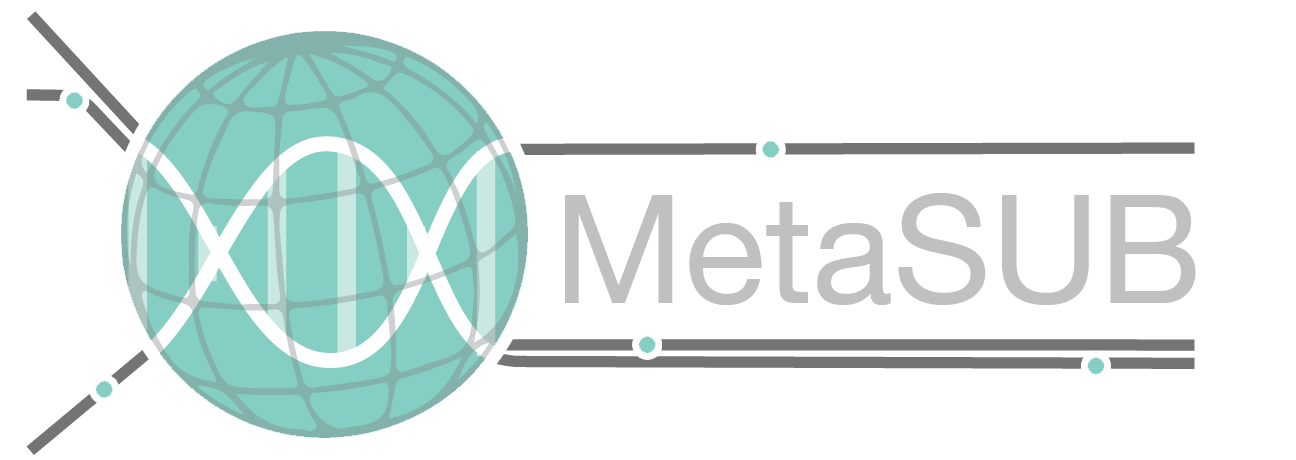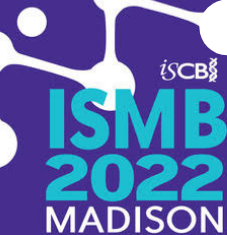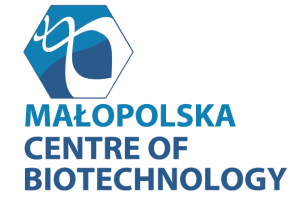Call for Contributions
Contribute to CAMDA! Academic researchers and industry practitioners share their lates research and experience in the analysis of complex data. Many novel algorithms have been introduced at CAMDA first. Presentations often show novel insights from unusual approaches and angles of attack. The set annual analysis challenges provide unique opportunities, focus, and inspiration.
Submission
Please submit your research by 20 May, and clearly indicate the presenting author. Extended abstracts are limited to 3-5 pages.
Submission Options
- Full methods research papers can be submitted to the regular ISMB Proceedings Track by 13 Jan, specifying CAMDA as intended target audience.
- To present late breaking methods research or analyses of the CAMDA challenge data sets you need to submit an Extended abstract by the CAMDA submission deadline 20 May.
Extended abstracts should include preliminary key results and figures. Based on the extended abstract, the scientific committee selects teams to present their work at the CAMDA conference, where updated results need to be shown.
- Paper or abstract submissions that could not be accepted for a talk presentation can be shown as posters.
- Work can directly be submitted for poster presentation.
If you submit an extended abstract, you are invited to further update and revise your manuscript after the conference, with full research papers due in October. Full research papers are published subject to fast-track peer review in a special CAMDA proceedings issue of the fully indexed, open access Frontiers in Genetics journal.
ISMB requires poster submission fees for late / non-member submissions, so please consider submitting poster abstracts early. Please clearly indicate if you would like a submitted full paper or extended abstract to automatically be considered as a submission for poster presentation if we cannot offer a conference talk, which will count as an early submission.
Submission Requirements
- All research submitted to CAMDA must be previously unpublished original work intended for publication, including procedures and results.
- Challenge data set embargo: Any challenge data that is not already in the public domain remains exclusive for participants in the contest until conference presentation. This means that no publication of your results is allowed prior to the CAMDA conference. Once research has been accepted for publication at CAMDA, however, dissemination by pre-print servers is fine and encouraged.
- Research introducing data sets outside the set CAMDA challenges need to put these data in the context of the challenges and make both raw and derived data publicly available if the submitted work is accepted.
- Methods research needs to include at least two independent types of validation, such as a benchmark on simulated data with known truth, a benchmark on real-world data with built-in truths, or an application to real-world data with critical biological / medical interpretation.
- Researchers introducing novel computational approaches must make their procedure available to others (e.g., source code or commercial demo), and a publication of source code is strongly encouraged.
Please talk to us if you have any questions regarding the Submission or individual challenges - see the CAMDA forums listed at the bottom of the pages About CAMDA.




























STAY CONNECTED
Tweet